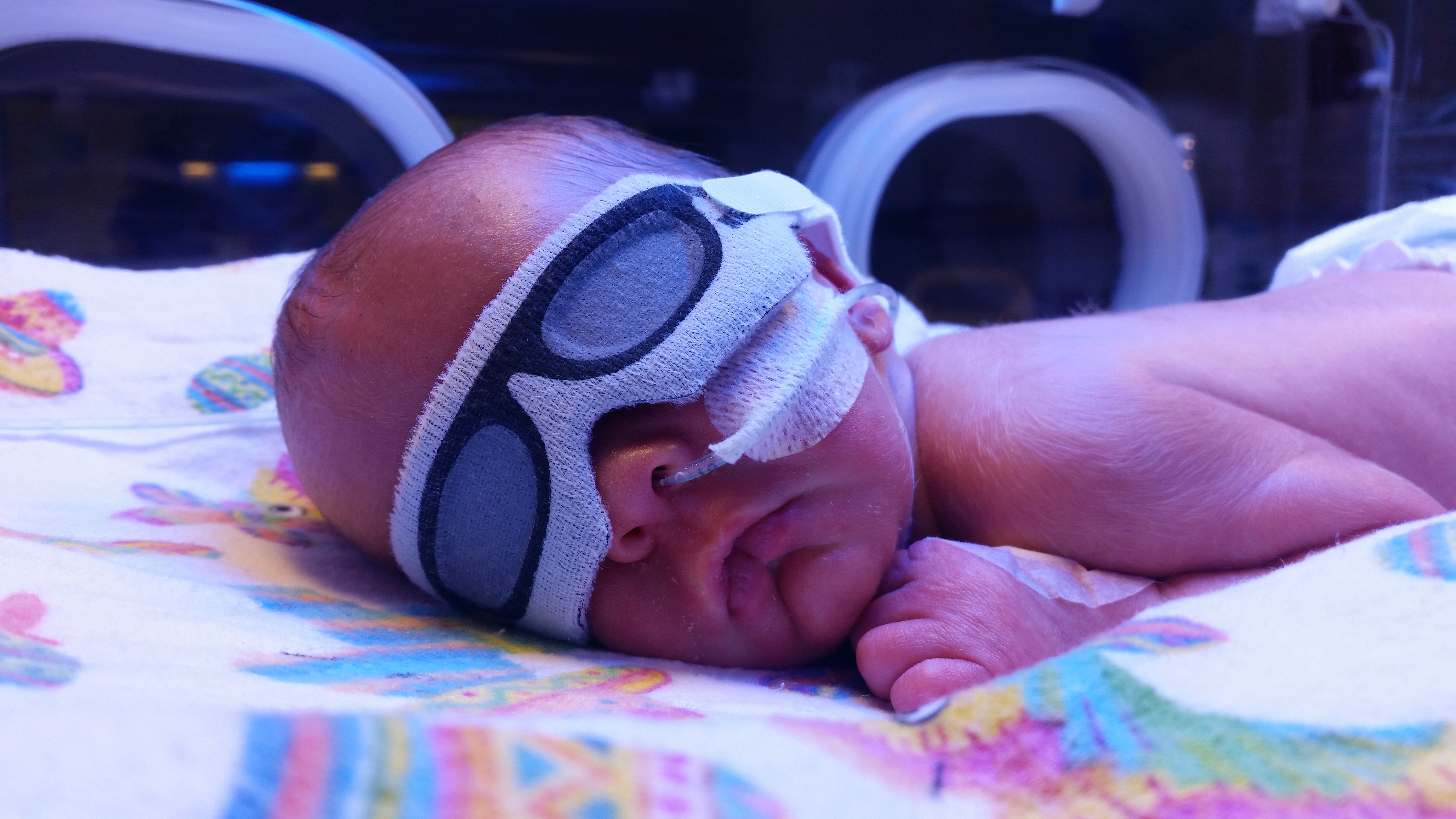Search
Showing results for "autism"

News & Events
Using visual supportsIn this blog, Senior Speech Pathologist Sally Grauaug and Speech Pathology Clinical Lead Aria May discuss the use of visual supports.

News & Events
Using daily routines to support communicationIn this blog, Senior Speech Pathologist Sally Grauaug and Speech Pathology Clinical Lead Aria May discuss how daily routines can facilitate the development of your child’s communication skills.
Research
Co-designing a trauma-informed program for parents whose infant has had a Neonatal Intensive Care Unit (NICU) admissionHaving a newborn child admitted into a NICU can be highly traumatic for parents. The compounding effects of the NICU clinical environment, having a seriously ill child, in addition to the inability to care or adequately bond with your child can be extremely distressing.
Research
Changes in caesarean delivery rates in Western Australia from 1995 to 2010 by gestational age at birthThe objective of this paper was to measure changes in caesarean delivery rates for primiparous women in Western Australia during 1995–2010 stratified by...
Research
A role for affectivity in rapid facial mimicry: An electromyographic studyUsing a novel methodological approach, these findings provide evidence for the contention that affective processing underlies rapid facial mimicry reactions
Research
Involving young people with lived experience in advancing mental health science: an exploratory qualitative study from Pakistan and IndiaMeaningful involvement of young People with Lived Experience (PWLE) in co-designing youth mental health interventions has been much emphasized globally. However, there is a scarcity of evidence on involving PWLE of mental health problems in designing, implementing and evaluating mental health interventions, especially in Low- and Middle-Income Countries.
Research
Evaluation of Trauma-Informed Practices in EducationYasmin Harman-Smith BA, BHlthSc(Hons), PhD Head, Early Years Systems Evidence; Head, Tenders Support Unit Yasmin.harman-smith@thekids.org.au Head,
Research
Well-being and Distress in University Students with ADHD Traits: the Mediating Roles of Self-Compassion and Emotion Regulation DifficultiesTertiary education is particularly demanding for students with attention-deficit hyperactivity disorder (ADHD), who often struggle with emotion regulation and are at greater risk of internalising disorders compared to their peers. Self-compassion is a skill associated with positive mental health and adaptive emotion regulation that might support students in managing the emotional challenges of studying with ADHD.
Research
Intention to Engage in Alcohol Use during Pregnancy: The Role of Attitudes and PrototypesThere is no known risk-free level of alcohol use in pregnancy. Despite this, many still believe that occasional drinking is safe. To-date, there is limited evidence of the influences on women's decisions about low to moderate alcohol use in pregnancy.

News & Events
Desire to help others helps one ORIGINS familyCathy Chopping is thankful she decided to try and help others by joining ORIGINS
